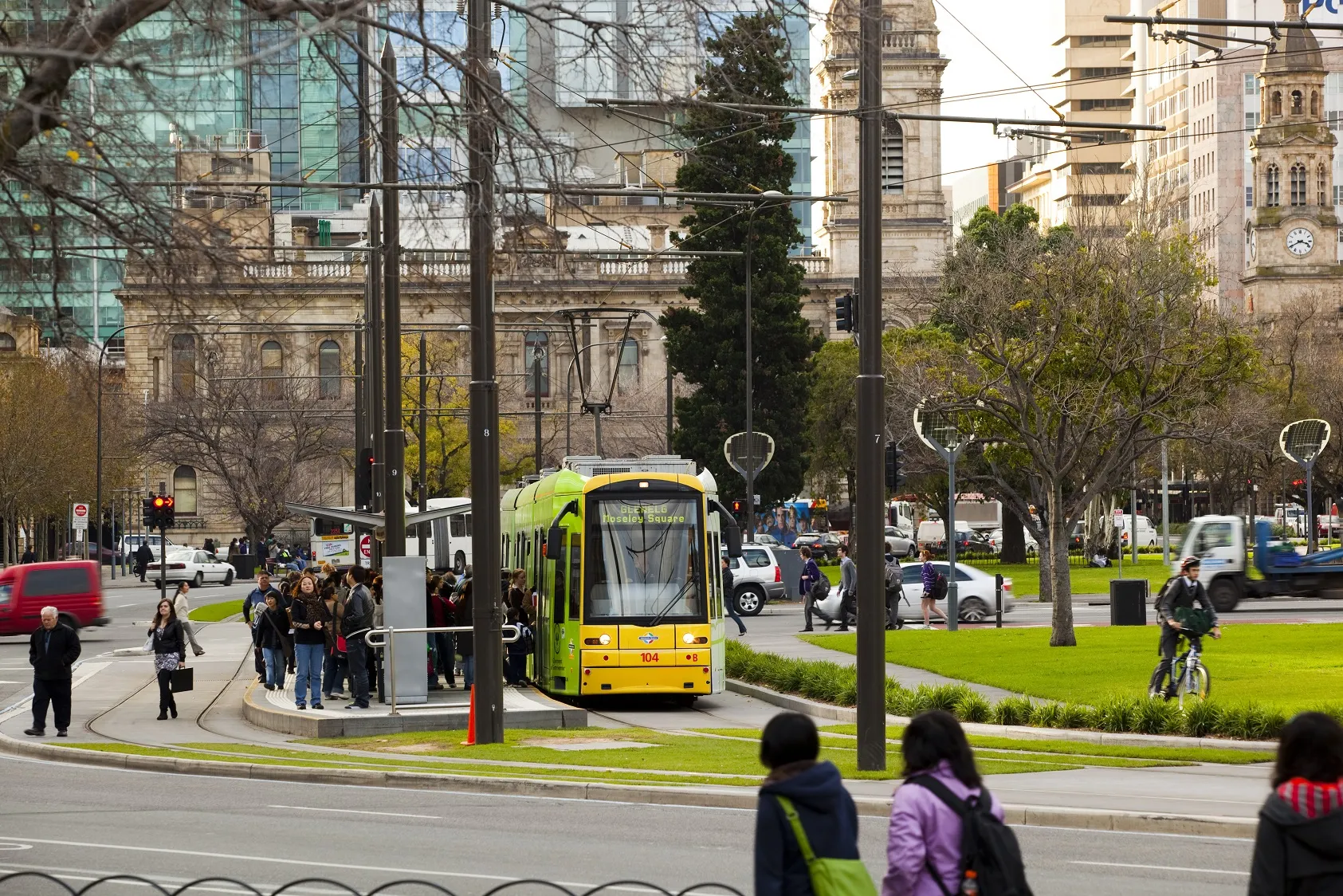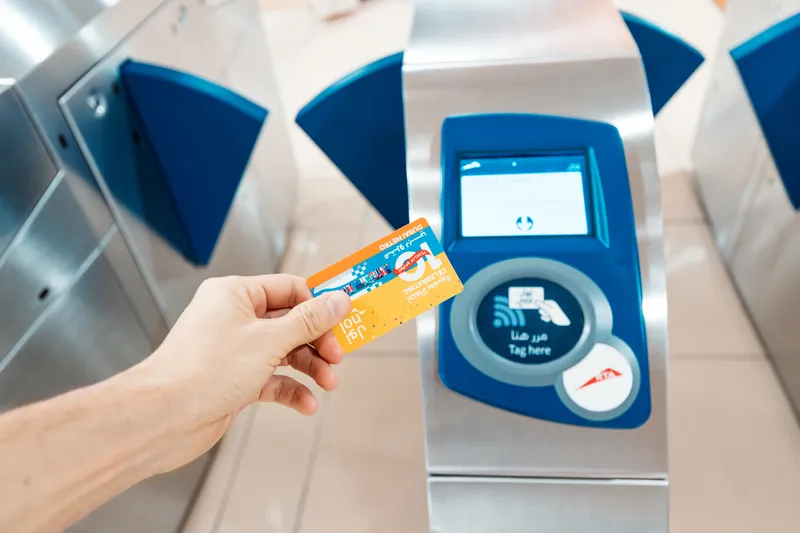With near field communication (NFC)-enabled handsets poised to exceed 100 million in 2012, the Smart Card Alliance Transportation Council has announced a new white paper examining how the transit industry can best make use of this popular new technology.
March 14, 2012
Read time: 2 mins
With near field communication (NFC)-enabled handsets poised to exceed 100 million in 2012, the Smart Card Alliance Transportation Council has announced a new white paper examining how the transit industry can best make use of this popular new technology.
"One of the major challenges facing transit agencies today is how to capitalise on the ever-growing popularity of mobile phones with a solid mobile strategy," said Craig Roberts, Utah Transit Authority, and chair of the Transportation Council. "This white paper builds on the knowledge base developed in earlier white papers to foster a greater understanding of NFC technology, explain its role in the transit industry, and shed light on key issues facing the transit industry in developing a mobile strategy."
The white paper, "NFC and Transit," is available for free download by visiting www.smartcardalliance.org/pages/publications-near-field-communication-and-transit. It explores the use of NFC for payment, transit ticketing and non-payment transit information applications.
"In order to fully realise the benefits of NFC technology, transit agencies need to immerse themselves into the operational details of the NFC ecosystem and thoroughly understand the technology and business models," said Randy Vanderhoof, executive director of the Smart Card Alliance. "This white paper is another piece of the puzzle in terms of fully educating the industry on the ins and outs of NFC."
Participants involved in the development of this white paper included:1968 Accenture; 13 ACS, 1750 American Express; Ashok Joshi; Collis; Connexem Consulting; 378 Cubic Transportation Systems; 1275 Dallas Area Rapid Transit (DART); Giesecke & Devrient; HP Enterprise Services; Identive Group; Infineon Technologies; Inside Secure; JPMorgan Chase; LTK Engineering Services; 1756 MasterCard Worldwide; MTA New York City Transit; NJ Transit; 566 NXP Semiconductors; OTI America; Quadagno & Associates; Southeastern Pennsylvania Transportation Authority (SEPTA); 324 US Department of Transportation/Volpe Center; VeriFone; 1758 Visa; and the Washington Metropolitan Area Transit Authority (WMATA).
"One of the major challenges facing transit agencies today is how to capitalise on the ever-growing popularity of mobile phones with a solid mobile strategy," said Craig Roberts, Utah Transit Authority, and chair of the Transportation Council. "This white paper builds on the knowledge base developed in earlier white papers to foster a greater understanding of NFC technology, explain its role in the transit industry, and shed light on key issues facing the transit industry in developing a mobile strategy."
The white paper, "NFC and Transit," is available for free download by visiting www.smartcardalliance.org/pages/publications-near-field-communication-and-transit. It explores the use of NFC for payment, transit ticketing and non-payment transit information applications.
"In order to fully realise the benefits of NFC technology, transit agencies need to immerse themselves into the operational details of the NFC ecosystem and thoroughly understand the technology and business models," said Randy Vanderhoof, executive director of the Smart Card Alliance. "This white paper is another piece of the puzzle in terms of fully educating the industry on the ins and outs of NFC."
Participants involved in the development of this white paper included:









